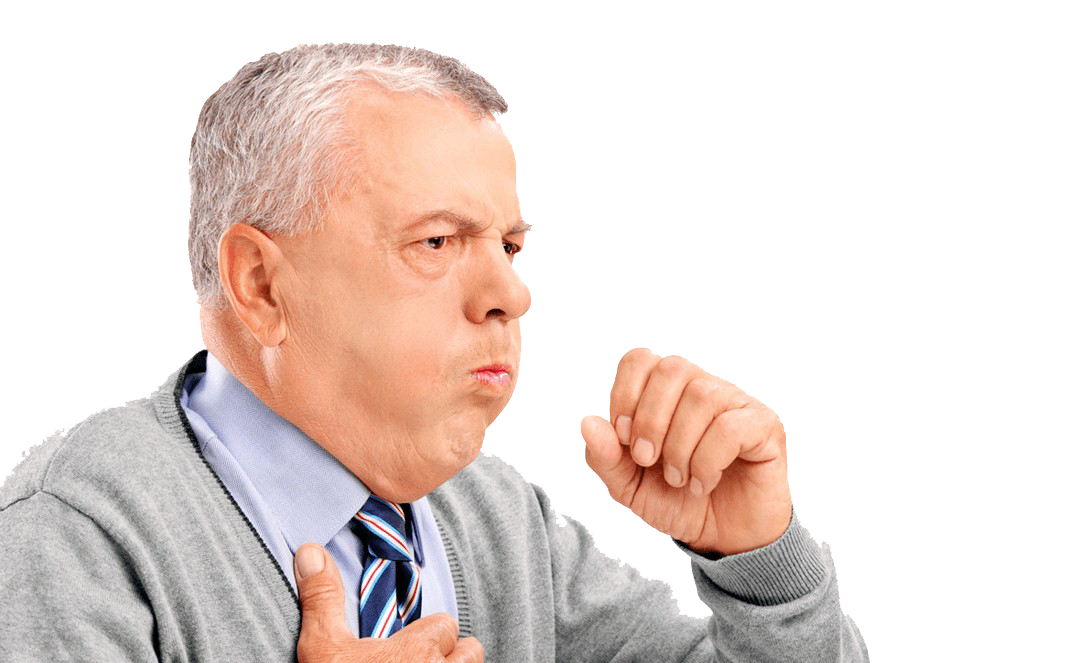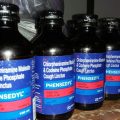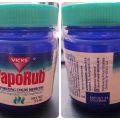Laughter is often called the best medicine, as it brings joy and happiness into our lives. Laughter is not only a wonderful expression of joy and amusement, but it also offers numerous health benefits that can positively impact both our physical and mental well-being. Firstly, laughter is known to boost our immune system by increasing the production of antibodies and activating immune cells, thus enhancing our body’s ability to fight off infections and diseases. Moreover, laughter stimulates the release of endorphins, which are natural painkillers, promoting a sense of relaxation and reducing feelings of stress and anxiety. This can have a cascading effect on our overall health, leading to improved cardiovascular health, reduced blood pressure, and strengthened resilience against mental health issues.
Furthermore, laughter has significant social and emotional benefits. It strengthens social bonds and fosters better connections with others, promoting a sense of belonging and support within a community. Laughing together can create a positive atmosphere, diffuse tension, and enhance communication between individuals. Additionally, laughter has been found to improve mood and increase feelings of happiness by triggering the release of neurotransmitters like dopamine and serotonin. This can contribute to a more positive outlook on life, increased resilience to challenges, and an overall improved quality of life.
However, for some people, laughter can lead to an unexpected and sometimes embarrassing side effect: coughing. If you find yourself coughing whenever you indulge in a good laugh, you might be wondering why this happens.
Why Do I Cough When I Laugh?
While it’s not a commonly discussed topic, there are several reasons why laughter can trigger a coughing reflex in certain individuals they include:
- Increased Airflow: When we laugh, we tend to take in larger volumes of air compared to normal breathing. This sudden increase in airflow can cause a tickling sensation in the throat, leading to a cough. The forceful expulsion of air during laughter can irritate the airways, triggering a reflex cough to clear the irritation.
- Sensitivity of the Airways: Some individuals have hypersensitive airways, which means their respiratory system is more reactive to stimuli. Laughing can stimulate the cough reflex in these individuals due to the heightened sensitivity of their airways. The increased airflow during laughter may be perceived as an irritant by their respiratory system, leading to a cough.
- Underlying Respiratory Conditions: If you frequently experience coughing during laughter, it could be a sign of an underlying respiratory condition. Conditions such as asthma, chronic bronchitis, or allergies can make the airways more sensitive and prone to coughing. In these cases, laughter acts as a trigger that exacerbates the underlying condition, resulting in a cough.
- Irritation from Laughing: Laughter itself can cause minor irritation in the throat and vocal cords. The repetitive contractions of the diaphragm and the forceful expulsion of air can lead to friction and irritation, which may trigger a cough reflex. This irritation is usually temporary and subsides once the laughter has ceased.
- Psychological Factors: In some cases, coughing during laughter may be attributed to psychological factors. Anxiety, nervousness, or stress can manifest physically, and laughter may act as a trigger for an involuntary cough. The mind-body connection plays a significant role in such cases, and addressing the underlying psychological factors may help reduce coughing episodes.
While coughing during laughter is generally harmless, it can be bothersome and interfere with social situations. If your coughing becomes frequent, and severe, or is accompanied by other symptoms like wheezing, shortness of breath, or chest tightness, it’s essential to consult a healthcare professional. They can evaluate your symptoms, perform any necessary tests, and provide a proper diagnosis.
Can laugh-induced coughs be cured?
Laugh-induced coughs can be managed and reduced, but the possibility of a complete cure depends on the underlying cause of the cough. If the cough is due to a temporary irritation or sensitivity in the throat, implementing the strategies mentioned earlier can often alleviate the symptoms and minimize coughing episodes.
However, if the cough is a symptom of an underlying medical condition such as chronic bronchitis, asthma, or allergies, it’s important to address and treat the root cause. In such cases, working closely with a healthcare professional is essential. They can diagnose the underlying condition, recommend appropriate treatment options, and provide guidance on managing the cough.
It’s worth noting that in some cases, the cough may not be completely eliminated, but it can be significantly reduced and managed through proper treatment and lifestyle adjustments. Each individual’s situation is unique, and the approach to managing laugh-induced coughs will depend on the specific underlying cause and individual circumstances.
In most cases, managing the underlying cause of the coughing can alleviate the problem. If allergies are the culprit, avoiding triggers and taking antihistamines may help. For individuals with asthma, proper management of the condition, including medication and avoiding triggers, can help reduce coughing episodes.
How To Manage Laugh-Induced Coughs
Laugh-induced coughs can sometimes be a nuisance, but there are a few strategies you can try to manage them:
- Stay hydrated: Drinking plenty of water throughout the day can help keep your throat lubricated and reduce the likelihood of coughing. Dryness in the throat can make coughing more frequent, so staying hydrated is important.
- Practice deep breathing: Deep breathing exercises can help calm your respiratory system and reduce coughing. When you feel a cough coming on, take slow, deep breaths through your nose and exhale through your mouth. This can help relax your airways and minimize the coughing reflex.
- Use cough drops or lozenges: Sucking on cough drops or lozenges can provide temporary relief by soothing your throat and suppressing the urge to cough. Look for options that contain ingredients like menthol or eucalyptus, which can have a numbing effect on the throat.
- Take a pause: If you find that laughing consistently triggers coughing, try taking a short break when you feel a cough coming on. Excuse yourself politely if necessary, take a sip of water, and allow your throat to calm down before joining in the laughter again.
- Consult a healthcare professional: If laugh-induced coughing persists or becomes chronic, it’s important to consult a healthcare professional. They can evaluate your symptoms, rule out any underlying conditions, and provide appropriate guidance or treatment options.
Remember, while these strategies may help manage laugh-induced coughs, it’s important to address any persistent or concerning coughing with a healthcare professional to ensure proper evaluation and care.






